Heredity: Inheritance and Variation of Traits
-
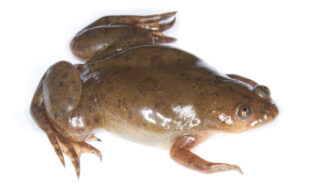 Animals
AnimalsA new drug mix helps frogs regrow amputated legs
The treatment helped frogs grow working limbs useful for swimming, standing and kicking. It’ll be a while before people can do that.
-
 Health & Medicine
Health & MedicineGender-affirming care improves the mental health of transgender youth
Several states have tried to restrict access to gender-affirming health care for transgender youth. That goes against medical guidelines.
-
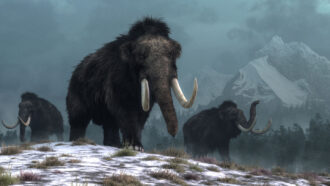 Animals
AnimalsWill the woolly mammoth return?
Scientists are using genetic engineering and cloning to try to bring back extinct species or save endangered ones. Here’s how and why.
-
 Animals
AnimalsCloning boosts endangered black-footed ferrets
A cloned ferret named Elizabeth Ann brings genetic diversity to a species that nearly went extinct in the 1980s.
-
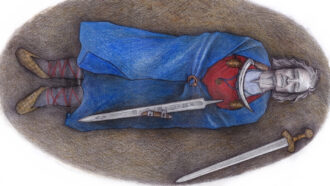 Archaeology
ArchaeologyA medieval grave may have held a powerful nonbinary person
A 1,000-year-old grave in Finland, once thought to hold a respected woman warrior, may belong to someone who didn’t have a strictly male or female identity.
By Bruce Bower -
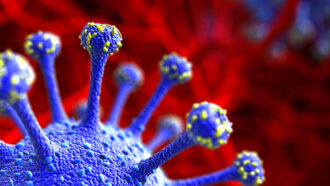 Microbes
MicrobesExplainer: Virus variants and strains
When viruses become more infectious or better able to survive the body’s immune system, they become a type of variant known as a strain.
By Janet Raloff -
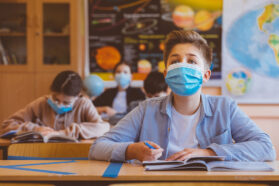 Health & Medicine
Health & MedicineCOVID-19 can infect kids — and risks sickening some severely
Not all are equally impacted. Even among supposedly low risk groups, concerns intensify as the super-contagious delta variant sweeps across the globe.
-
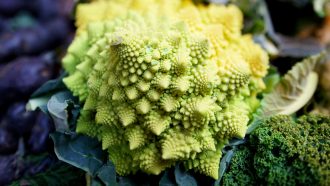 Plants
PlantsHow Romanesco cauliflower grows spiraling fractal cones
By tweaking just three genes in a common lab plant, scientists have mimicked one of nature’s most impressive mathematical patterns.
By Nikk Ogasa -
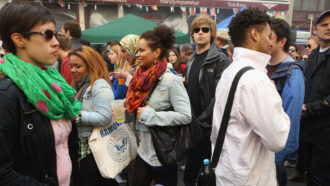 Genetics
GeneticsJust a tiny share of the DNA in us is unique to humans
Some of these tweaks to DNA, however, may have played a role in brain evolution.
-
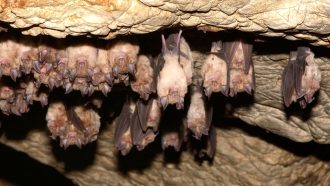 Health & Medicine
Health & MedicineOne key change may have helped the coronavirus become a global menace
One key mutation may have helped the virus behind COVID-19 better infect human cells.
-
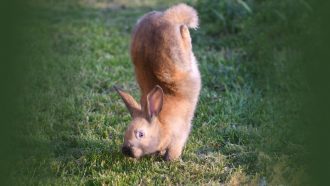 Life
LifeThese rabbits can’t hop. A gene defect makes them do handstands
Mutations in a gene that helps nerve cells work properly rob rabbits of their ability to hop. Instead, the animals use their front paws to move.
-
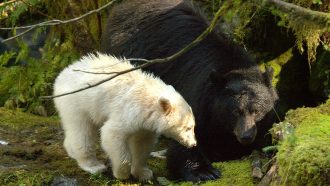 Animals
AnimalsScience and Indigenous history team up to help spirit bears
When scientists and Indigenous people work together, their efforts can benefit bears and people.